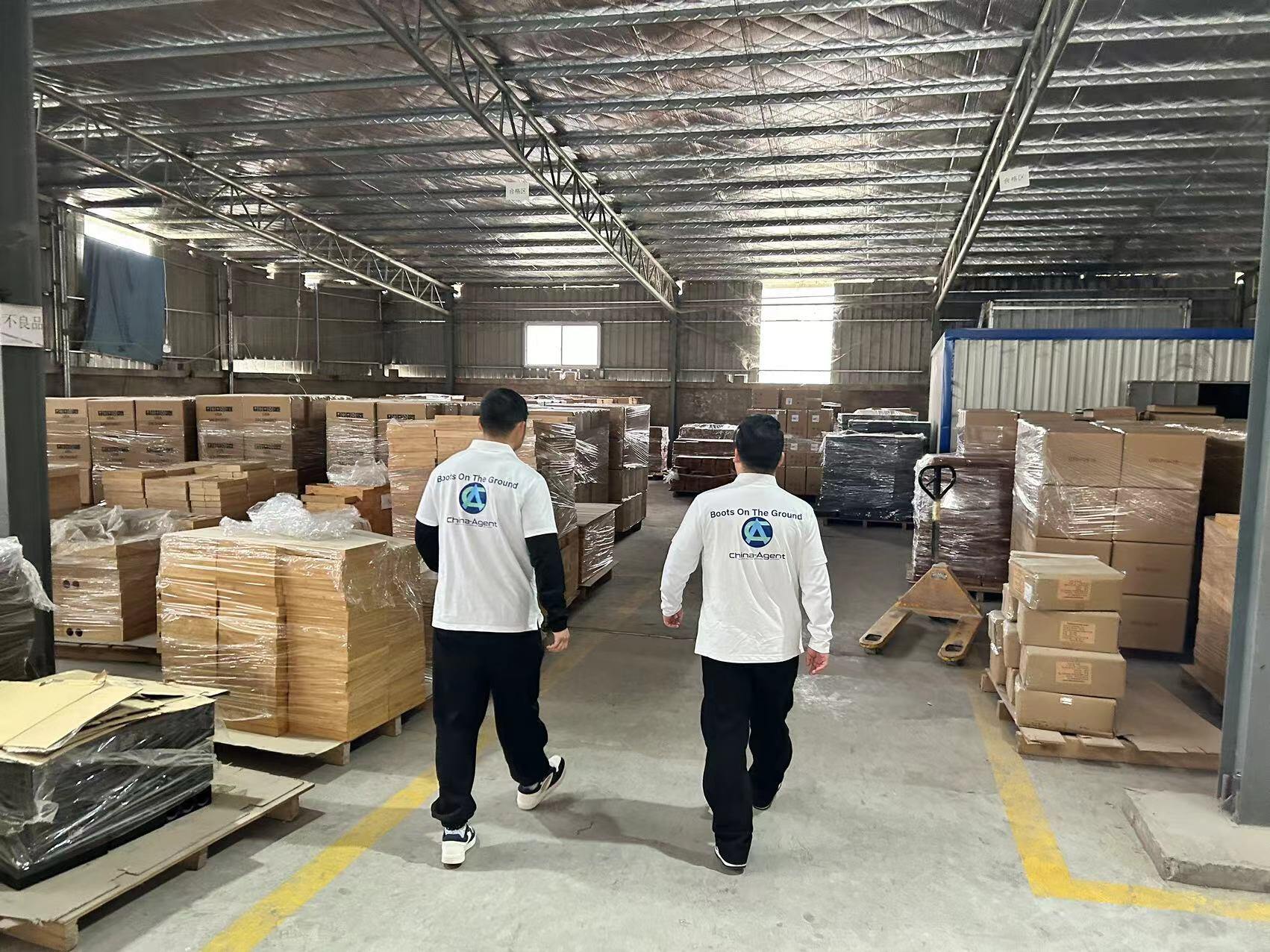Navigating China’s Dual Circulation Strategy: What Global Businesses Need to Know
China’s "Dual Circulation" strategy, first introduced by President Xi Jinping in 2020, is an economic policy that aims to recalibrate China’s growth model. This policy emphasizes developing a robust domestic economy ("internal circulation") while maintaining strong international trade relationships ("external circulation"). For businesses worldwide, understanding this strategy is crucial to adapting to the changing economic landscape in China. Here’s a comprehensive guide to what this strategy entails, its origins, and how it could impact your business.
Understanding the Origin of Dual Circulation
1. The Concept of Dual Circulation: The Dual Circulation strategy emerged as a response to several global and domestic challenges that China faces. On the global front, rising protectionism, trade wars (particularly with the United States), and the impact of the COVID-19 pandemic have underscored the risks of over-reliance on international markets. Domestically, China has been grappling with issues such as an aging population, slowing economic growth, and the need for a more sustainable development model.
- Internal Circulation: This refers to the strengthening of China’s domestic market. It includes boosting domestic consumption, fostering technological innovation, and reducing dependency on foreign technology and imports. The goal is to create a self-sustaining economy where the domestic market plays a primary role in driving economic growth.
- External Circulation: This involves continuing to engage in global trade and attracting foreign investment, but with a more strategic focus. China aims to secure its position in global supply chains, particularly in high-tech industries, while reducing vulnerabilities to external shocks.
2. Historical Context: The concept of self-reliance is not new in China. It harks back to the policies of the Mao Zedong era, where self-sufficiency was a central theme due to international isolation. However, the modern version of this concept, as seen in the Dual Circulation strategy, is more nuanced. It does not advocate for complete isolation but rather seeks a balanced approach where China can safeguard its economic interests while remaining a key player in global trade.
- The strategy was formally outlined in the 14th Five-Year Plan (2021-2025), which serves as China’s roadmap for economic and social development. The plan emphasizes innovation, technological self-reliance, and the need to build a robust domestic economy capable of withstanding global uncertainties.
Impact on Global Supply Chains
1. Shifting Supply Chains: As China shifts its focus toward internal circulation, global supply chains could see significant changes. Companies that rely heavily on Chinese manufacturing may need to reassess their strategies.
- Increased Local Sourcing: Businesses may find it more beneficial to source materials and components locally within China to align with the country’s focus on domestic consumption and production. This could also mean more stringent requirements for foreign companies to establish operations or partnerships within China.
- Supply Chain Resilience: The emphasis on internal circulation means that companies must build more resilient supply chains that can adapt to potential disruptions. This includes diversifying suppliers, increasing inventory levels, and investing in supply chain technologies.
2. Market Dynamics: For companies selling products in China, the shift toward internal circulation might necessitate adjustments in market strategies. The Chinese government’s push for self-reliance means there could be a growing preference for domestically produced goods.
- Consumer Preferences: Understanding and catering to Chinese consumer preferences will be more important than ever. Companies might need to localize their products to meet the tastes and expectations of Chinese consumers.
- Regulatory Environment: As China seeks to protect and promote its domestic industries, new regulations might emerge that favor local companies. Foreign businesses will need to stay informed and compliant with these changes to maintain market access.
Market Access and Investment
1. Adapting to New Regulations: The Dual Circulation strategy is likely to lead to new regulations that prioritize domestic over foreign businesses. Companies operating in China will need to be agile and proactive in adapting to these changes.
- Compliance: Ensuring compliance with evolving regulations, such as those related to environmental standards, labor laws, or technology transfer, is essential for maintaining operations in China. Non-compliance could result in fines, restrictions, or loss of market access.
- Investment Opportunities: Despite the challenges, there are significant opportunities for foreign businesses, particularly in sectors that align with China’s strategic goals, such as high-tech manufacturing, green energy, and healthcare.
2. Strategic Investments: Investing in sectors that are integral to China’s internal circulation strategy can be highly beneficial for foreign businesses. This includes forming partnerships with local firms, establishing R&D centers in China, and investing in industries that the Chinese government is promoting.
- Joint Ventures: Joint ventures with Chinese companies can provide foreign businesses with a strategic advantage in navigating the complexities of the Chinese market. These partnerships allow for shared resources, risks, and benefits.
- Research and Development: Establishing R&D operations in China can help foreign companies develop products that are tailored to the local market, leveraging China’s push for technological self-sufficiency.
How China Agent Ltd Can Help
Navigating China’s Dual Circulation strategy requires a nuanced understanding of both the local and global economic landscapes. China Agent Ltd offers comprehensive services to help businesses adapt to these changes and maintain a competitive edge.
1. Contracting Assistance:
- We assist in drafting and negotiating contracts that ensure compliance with new regulations and align with China’s domestic goals. This includes OEM agreements, NNN agreements, and other contracts that protect your interests while fostering strong relationships with local suppliers.
2. Supplier Verification and Audits:
- Our supplier verification and audit services ensure that your partners in China meet the necessary standards for quality, reliability, and regulatory compliance. This helps mitigate risks associated with the shift toward internal circulation.
3. Market Entry and Expansion Support:
- We provide strategic advice and support for entering or expanding in the Chinese market, helping you navigate the complexities of local regulations, consumer preferences, and competitive dynamics.
4. Ongoing Regulatory Monitoring:
- Our team monitors regulatory changes in China that could impact your business, ensuring you stay compliant and can adapt quickly to new policies.
5. Diversification and Resilience Planning:
- We help businesses diversify their supply chains and build resilience against potential disruptions, ensuring that you can continue to operate effectively even as China’s economic policies evolve.
Conclusion
China’s Dual Circulation strategy represents a significant shift in the country’s economic policy, with far-reaching implications for global businesses. By understanding and adapting to this strategy, companies can continue to thrive in China’s dynamic market. China Agent Ltd is here to provide the expertise and support you need to navigate these changes and secure your place in the future of global trade.




